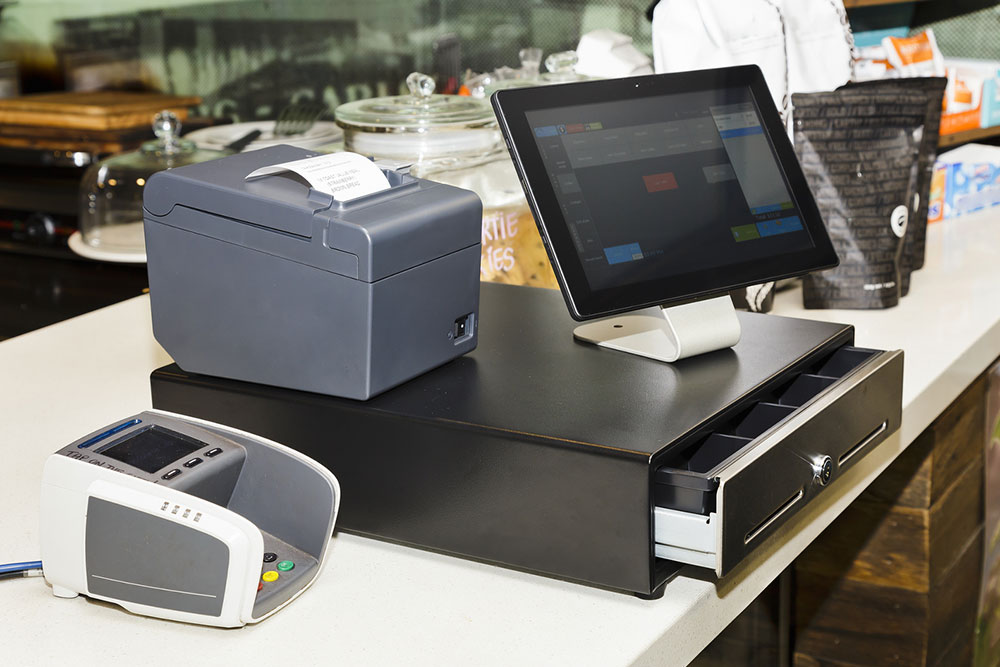5 mistakes to avoid when buying a POS system

POS systems, or point-of-sale systems, are handy for most retail businesses and restaurants. They make payments easier, help the staff monitor inventory, improve customer experience, and provide several other benefits. Since these systems are so useful, many businesses are now installing them. While POS systems are easily available, owners must choose carefully. Steering clear of certain common mistakes can help one select a system that integrates smoothly with their operations.
Choosing a cheap system
Vendors offer POS systems at different price ranges. So, while searching the market, individuals will find certain options that are priced very low. Those new to POS systems may buy them, thinking they are saving money. But the problem with cheap POS systems, most of the time, is that they have only a few features. After buying these systems, business owners realize their mistake and pay extra to unlock necessary features.
Not checking all the functions
A POS system is only as good as its functionality. So, when purchasing a new POS system for a restaurant or retail business, one must check it thoroughly to ensure it has all the functions needed. For example, it should be able to search for particular items in the inventory, create an entry for new items, help place an order, etc. Besides having these features, one must ensure the system is easy to understand and use. The business will have to spend more time training its staff if the POS system has a complex user interface.
Skipping the demo
Not sitting through the demo is another mistake business owners and managers must avoid when choosing a new POS system. The demo helps one understand how the system works. Buyers get an opportunity to ask questions and spot issues in the product, which can help them make better decisions. Besides providing a demo, some vendors may allow the business to test the system themselves , which is a huge benefit.
Not researching vendors
When purchasing a new POS system, one must research and compare vendors. The internet has made this step very easy. A simple search on the web will provide the details of the best POS vendors in the market. But one must not choose any name that pops up. An important part of the online research involves checking the customer ratings and reviews of the vendors and their systems. Individuals should also check if the vendors they shortlist provide good customer support.
Not consulting other team members
While business owners purchase a POS system, the staff operates it. That’s why one should involve them in the decision-making process. A good way to do that is to take a few key members to choose the new system and see its demo. This way, they can see if the system is efficient, easy to use, and right for their operations and give their suggestions.


